Misconceptions about LASIK and other laser vision correction abound. Laser vision correction, when performed on appropriate candidates, is a safe and effective procedure that has gotten countless people out of glasses and contact lenses. But LASIK is not for everyone. Even if your eye surgeon tells you that you qualify for the surgery, it may not achieve all of your visual goals. Below are some of the more common considerations when thinking about whether laser vision correction is right for you.
The easiest way to think about LASIK is to consider it like putting on a permanent pair of contact lenses. Like contact lenses or glasses these “contact lenses” improve the focus of the eye. But unlike contact lenses they never need to be put in or taken out. They never need to be cleaned; and you can swim in them. Imagine waking up in the morning and being able to see the alarm clock without putting on your glasses. Laser vision correction achieves this by using a laser to gently reshape the front of your eye (cornea).
What laser vision cannot do is correct for disease or natural aging of the eye. For instance, people who are not seeing well because of cataract (a cloudy lens) can achieve LASIK-like results only by having the cataract removed. Those in their forties and up may enjoy not having to wear glasses at distance after surgery, but they will need glasses for reading.
In short, LASIK / laser vision correction is a great procedure for properly chosen candidates who understand its benefits and limitations.
I hope this helps.
Below I’ve compiled some common misconceptions about laser vision correction:
I can’t get LASIK because I have astigmatism
Not true. LASIK surgery can help nearsightedness, farsightedness and people who have astigmatism.
My eyesight is too bad for LASIK eye surgery
Laser vision correction has undergone rapid technologic advancement since its introduction in the mid-1990s. Today, even people with high glasses prescriptions are potential candidates. Only an ophthalmologist can determine if you qualify.
I’m too old for LASIK surgery
To determine whether or not you are a candidate for LASIK does not depend on your age. There is no fixed upper age limit for LASIK. However, older people may be better served by cataract surgery. Advances in cataract surgery allow for LASIK-like results while elimintating the cloudy lens in the eye at the same time.
I’ll have to wear glasses after LASIK anyways
Many people who have LASIK surgery do not need to wear any prescription glasses after the procedure. Those in their mid-forties and older typically need reading glasses for fine print and near work but function without glasses for most other tasks.
I can’t risk LASIK, my job depends on my eyesight
 LASIK surgery has been approved for pilots, firefighters, military personnel and astronauts, all of which rely on their eyesight to perform their job. These professions have found that glasses can be broken and contacts lost so surgically corrected eyesight is actually a benefit.
LASIK surgery has been approved for pilots, firefighters, military personnel and astronauts, all of which rely on their eyesight to perform their job. These professions have found that glasses can be broken and contacts lost so surgically corrected eyesight is actually a benefit.
I was told I am not a candidate for LASIK
Even if you were told many years ago you were not a candidate for LASIK it is very likely that you are now. The technology continues to improve and with the latest advances more and more people are benefiting from the procedure. (more…)
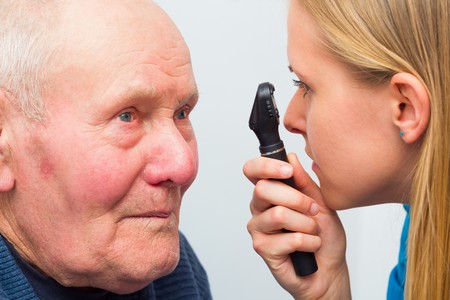 Thanks to public awareness campaigns for health conditions like heart disease and diabetes, more people than ever before are aware of the signs and symptoms of problems that deserve immediate medical attention. Glaucoma is another such condition that should not be ignored, but you may not know as much about it. As an eye disease that stealthily and subtly steals your vision, glaucoma eventually leads to blindness without timely treatment. Here is everything you should know about living with glaucoma.
Thanks to public awareness campaigns for health conditions like heart disease and diabetes, more people than ever before are aware of the signs and symptoms of problems that deserve immediate medical attention. Glaucoma is another such condition that should not be ignored, but you may not know as much about it. As an eye disease that stealthily and subtly steals your vision, glaucoma eventually leads to blindness without timely treatment. Here is everything you should know about living with glaucoma. 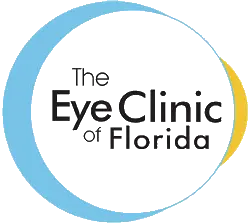
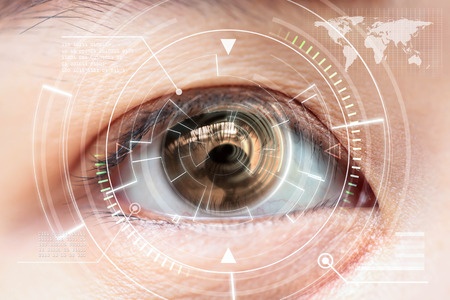 Just like the rest of your body, your eyes will become weaker and less agile with age. The vast majority of Americans rely on glasses and contacts in order to maintain a full range of vision, but that reliance can become frustrating, especially if your prescription continually changes as your eyes become progressively worse. LASIK is a laser vision correction procedure that has the ability to save your sight and minimize or even eliminate the need for glasses and contacts.
Just like the rest of your body, your eyes will become weaker and less agile with age. The vast majority of Americans rely on glasses and contacts in order to maintain a full range of vision, but that reliance can become frustrating, especially if your prescription continually changes as your eyes become progressively worse. LASIK is a laser vision correction procedure that has the ability to save your sight and minimize or even eliminate the need for glasses and contacts. 
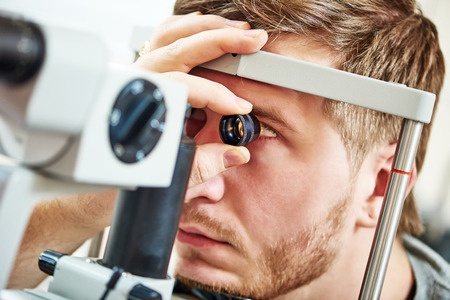 It has long been understood that the body is highly interconnected; a condition in one part of the body can trigger changes or reactions in a completely separate part of the body. Recent research suggests that this interconnection even connects mental health with vision health. According to a study in the
It has long been understood that the body is highly interconnected; a condition in one part of the body can trigger changes or reactions in a completely separate part of the body. Recent research suggests that this interconnection even connects mental health with vision health. According to a study in the 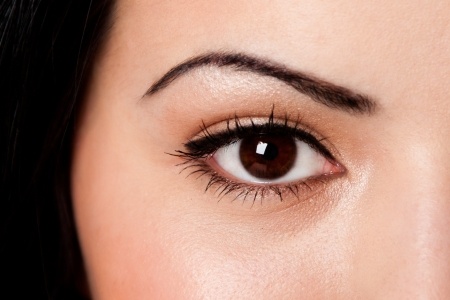 If you could choose between spending $3,000 per year for a medical treatment that doesn’t work, or spending $100 per year for a medical treatment that
If you could choose between spending $3,000 per year for a medical treatment that doesn’t work, or spending $100 per year for a medical treatment that  It’s perfectly normal to experience a minor headache every now and then. Stress, squinting into the sun, and exhaustion can all lead to temporary headaches. Chronic headaches, however, are a different matter entirely. If it is common for you to suffer from headache and migraine pain, your vision could be the culprit behind your discomfort.
It’s perfectly normal to experience a minor headache every now and then. Stress, squinting into the sun, and exhaustion can all lead to temporary headaches. Chronic headaches, however, are a different matter entirely. If it is common for you to suffer from headache and migraine pain, your vision could be the culprit behind your discomfort.  It’s not uncommon for vision to weaken with age, especially at night. However, if your own diminishing vision makes it difficult to drive at night, you can’t let the problem go untreated. Driving at night is challenging even under the best circumstances; sudden glares of light from cars, street lamps, and traffic signals force the eyes to constantly adjust to new levels of light with only split seconds in between. This places strain on the eyes, and many people find that their daytime vision remains strong while their nighttime vision starts to become compromised. The good news is that the solution to poor night vision might be as simple as glasses, but only a Board Certified ophthalmologist or optometrist can tell for sure.
It’s not uncommon for vision to weaken with age, especially at night. However, if your own diminishing vision makes it difficult to drive at night, you can’t let the problem go untreated. Driving at night is challenging even under the best circumstances; sudden glares of light from cars, street lamps, and traffic signals force the eyes to constantly adjust to new levels of light with only split seconds in between. This places strain on the eyes, and many people find that their daytime vision remains strong while their nighttime vision starts to become compromised. The good news is that the solution to poor night vision might be as simple as glasses, but only a Board Certified ophthalmologist or optometrist can tell for sure. 
